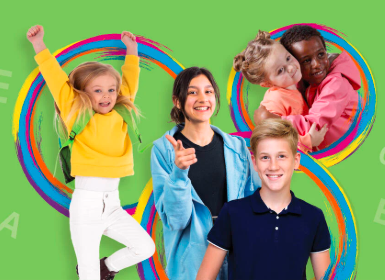In today’s increasingly interconnected world, being able to speak more than one language is more than just a skill—it’s an advantage. For students in 2025, bilingualism opens doors to academic growth, cultural awareness, and lifelong success. With schools and learning platforms placing greater emphasis on global communication and collaboration, bilingual students are better equipped to thrive in a variety of settings.
Academic Advantages
Bilingual students often show improved cognitive abilities, such as stronger problem-solving skills, greater mental flexibility, and enhanced memory. Research continues to support the idea that learning a second language sharpens the mind and can even improve performance in other subjects like math and reading. In 2025, many schools offer language immersion programs or online language tools that support students on this journey.
Enhanced Communication Skills
Speaking more than one language builds strong communication habits. Bilingual students become more attentive listeners and more effective speakers. These skills are particularly valuable during group projects, presentations, and classroom discussions. With the rise of virtual learning environments, being able to adapt communication styles across different cultures and languages is a real asset.
Career Readiness and Global Opportunities
Even at the student level, bilingualism sets learners apart in a competitive world. Many careers—ranging from healthcare to education, travel, and business—are increasingly seeking individuals who can communicate across languages. By starting early, students in 2025 are preparing themselves to enter a workforce that values global competence.
Cultural Understanding and Empathy
Bilingual students gain more than language skills—they also develop an appreciation for other cultures. Learning a language often includes learning about customs, values, and perspectives. This encourages open-mindedness, empathy, and the ability to work effectively with people from diverse backgrounds.
Personal Confidence and Growth
Successfully learning a second language is a confidence booster. It teaches patience, resilience, and the ability to overcome challenges—qualities that are useful both in and out of school. As students grow more confident in their ability to express themselves in multiple languages, they become more active participants in their learning environments.
Conclusion
Bilingualism in 2025 is not just an academic benefit—it’s a powerful tool for personal and professional growth. For students, it means sharper thinking, deeper cultural understanding, and a head start in building future-ready skills. Whether they’re learning Spanish, Mandarin, French, or any other language, students who embrace bilingualism are preparing to make meaningful contributions in a diverse and connected world.














